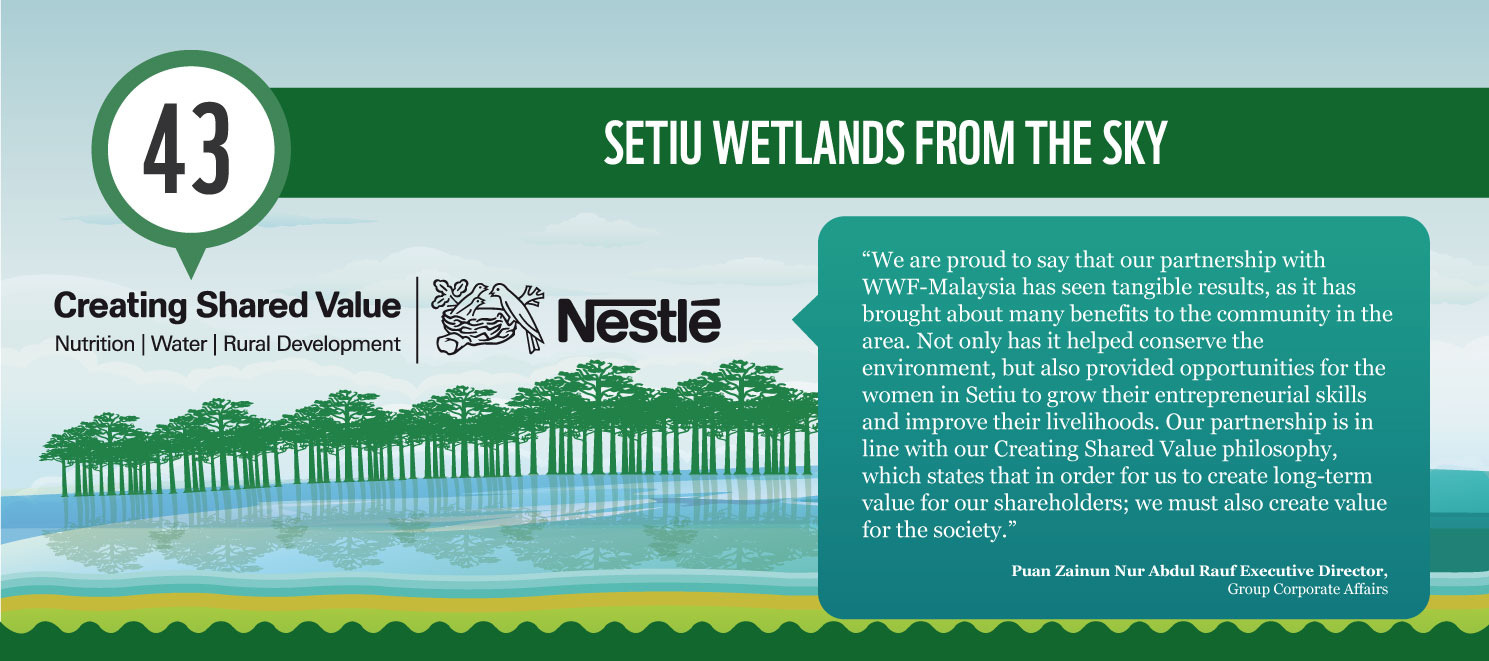
We have conducted an aerial shooting to assess the pressure from land use activities and what needs to be protected in Setiu Wetlands. The acquired photos were used for publication of a guidebook and also presented to stakeholders to promote ecotourism and highlight the urgent need to reduce wetlands conversion and other threats in Setiu. The guidebook was also socialized in a workshop attended by 43 participants to help the local community understand the potential value of Setiu as a low-impact ecotourism destination.
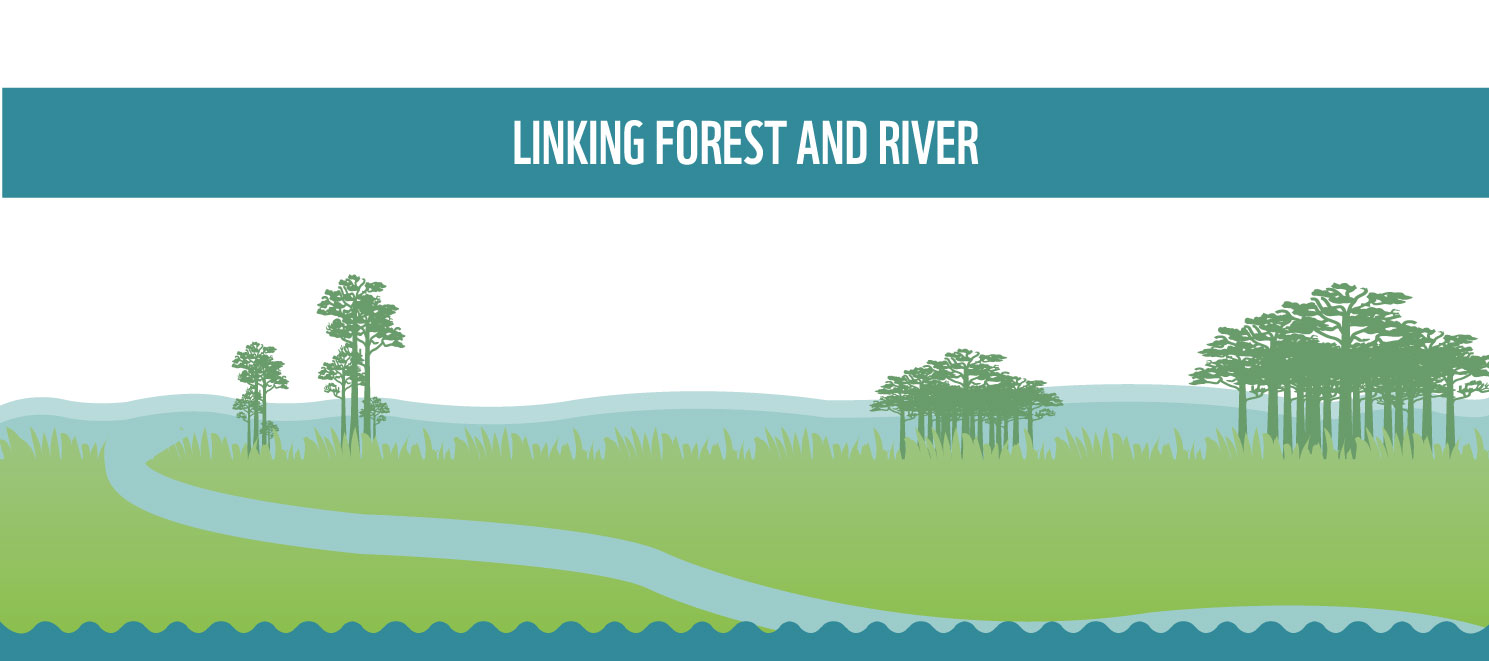
We established an engagement with Sabah Forestry Department (SFD) where we initiated a joint water quality monitoring activity in the Lower Sugut basin (LSB). The partnership provided exposure and built SFD’s interest on the significance to complement forest management and protection with water pollution control as well as the importance to monitor water quality of rivers within and around the forest reserve. Subsequently, recommendations are being formulated for SFD to integrate river conservation aspects into the management of the forest reserve in LSB.
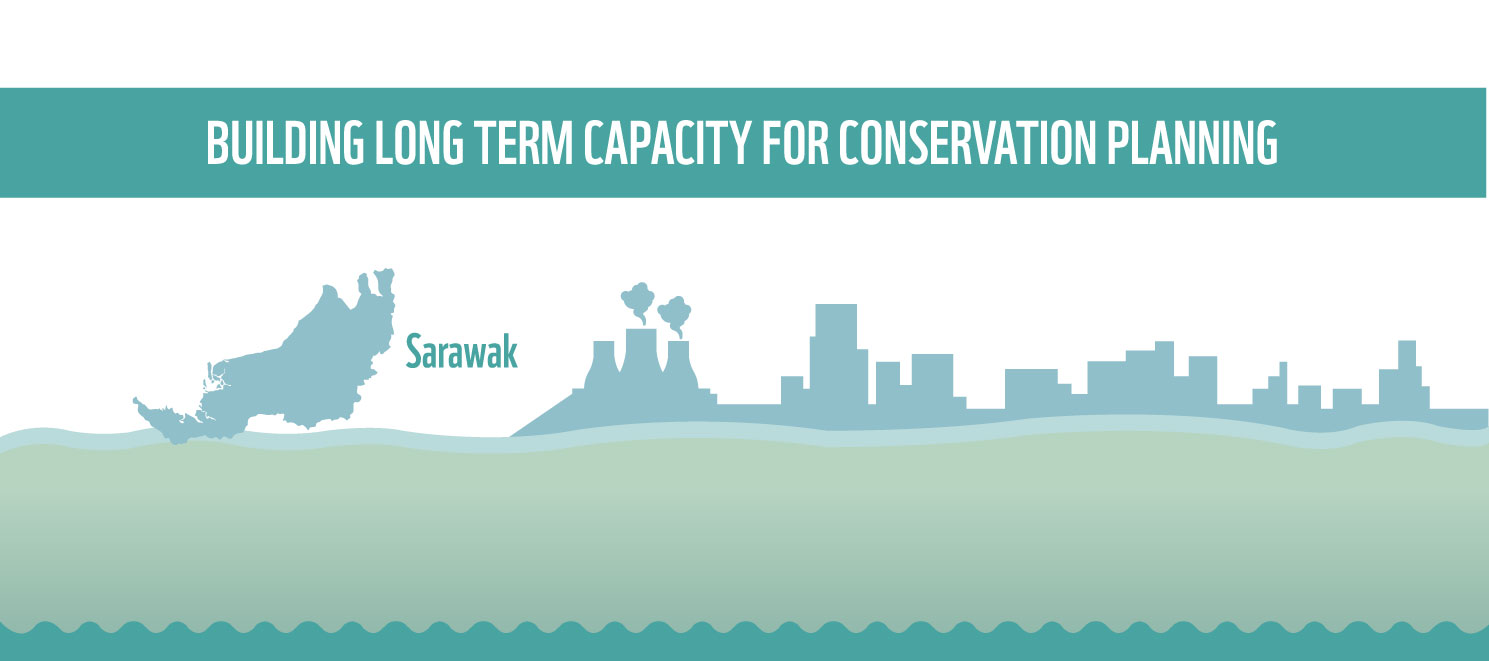
In our advocacy for better recognition of freshwater ecosystems in hydropower development planning, we successfully developed partnerships with the University of Malaysia Sarawak’s Institute of Biodiversity and Environment Conservation. Through these partnerships, a long term conservation based training programme and workshops for Systematic Conservation Planning will be jointly developed and implemented. The programme will help build capacities of relevant agencies to integrate identification, protection or sustainable management of priority freshwater ecosystem areas into development planning in Sarawak.
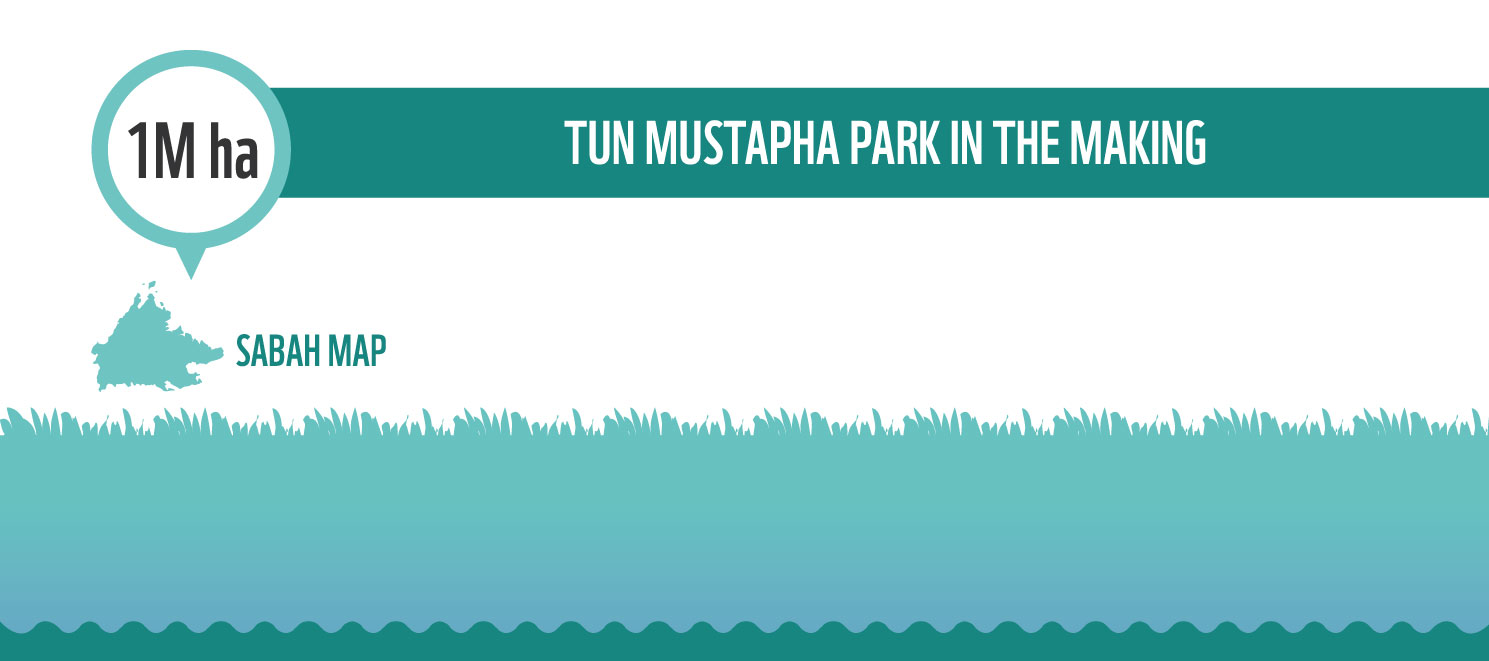
The Tun Mustapha Park (TMP) project supports the Sabah Government’s intention to gazette the proposed TMP measuring almost 1 million hectares. In the past year, the gazettement process has progressed with the Survey Demarcation (SD) Map of the TMP boundary approved in March 2014. A second notable achievement is the completed TMP Zoning Plan.
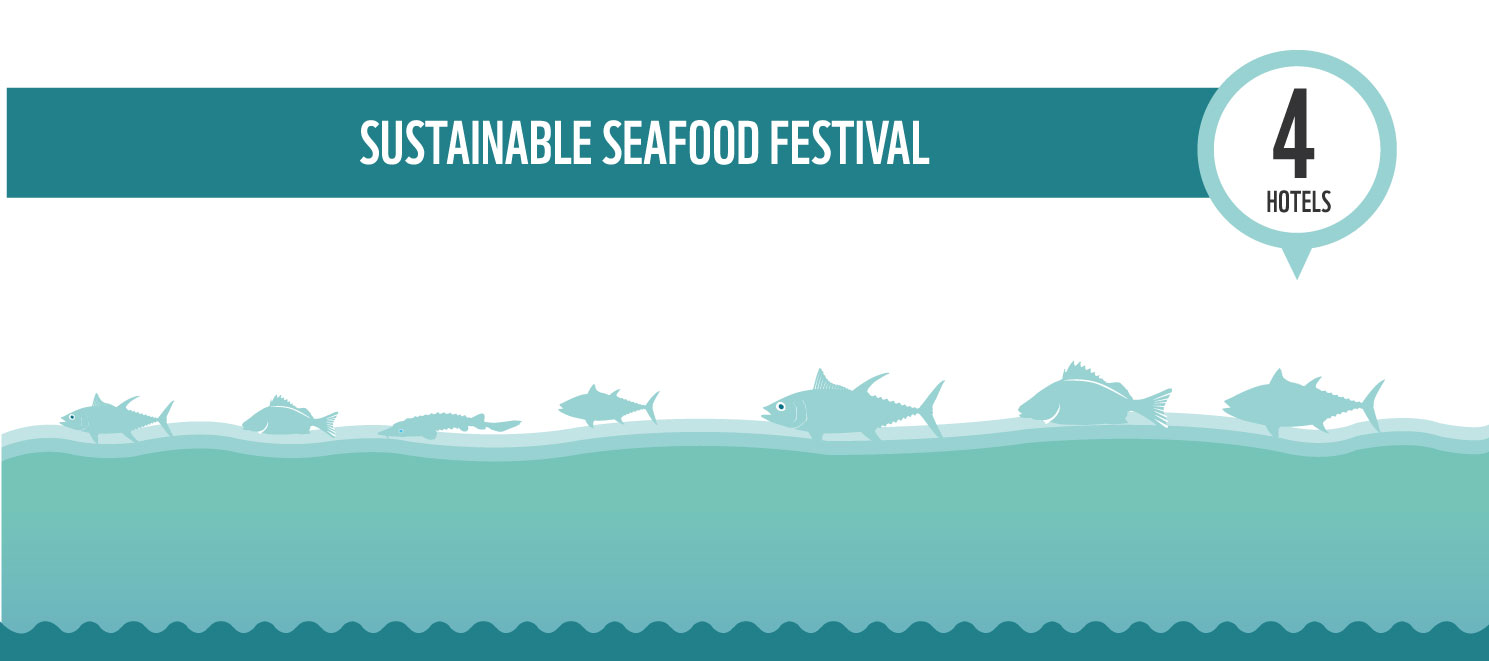
With the objective to engage businesses to be more responsible with their seafood production and procurement, the first Sustainable SeaFood Festival marks a new chapter in WWF-Malaysia's sustainable seafood journey. 4 hotels came on board to offer sustainable seafood menu comprising of Marine Stewardship Council and Aquaculture Stewardship Council certified products during the festival month. The SSF has peaked the interest of businesses and opened doors for further seafood market transformation, which will be an incentive for certifying more local products.
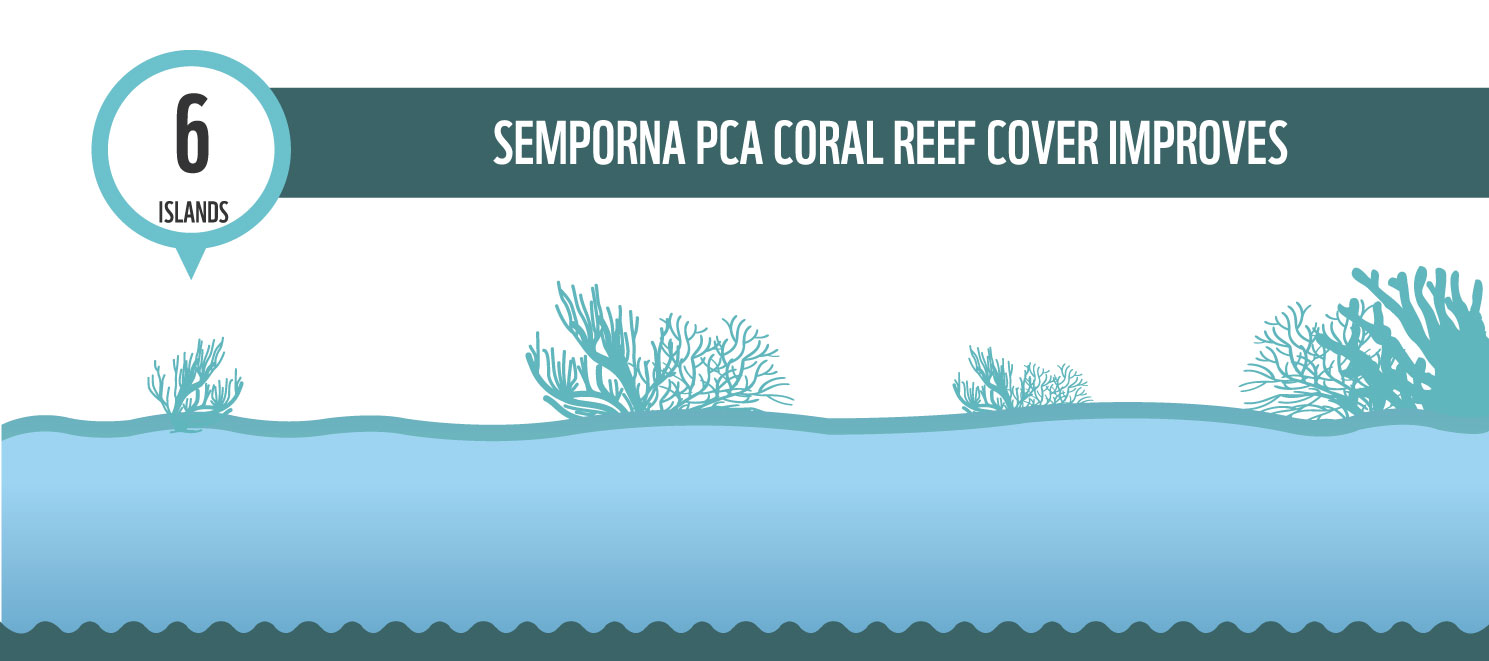
The 6 northeast islands in Semporna Priority Conservation Area have shown improved coral cover from good to excellent conditions. In particular, the coral cover at Larapan Island has increased from the baseline of 53% Good condition to 86% Excellent condition. The latest coral reefs survey completed in March 2014 demonstrates this improvement, compared to the baseline study done in 2009. This could mainly be credited to the de facto protection enforced by invigilative dive resorts near the islands. Increased presence of the security forces around these islands has also indirectly prevented fish bombing incidents, providing a buffer period for the corals to recover.
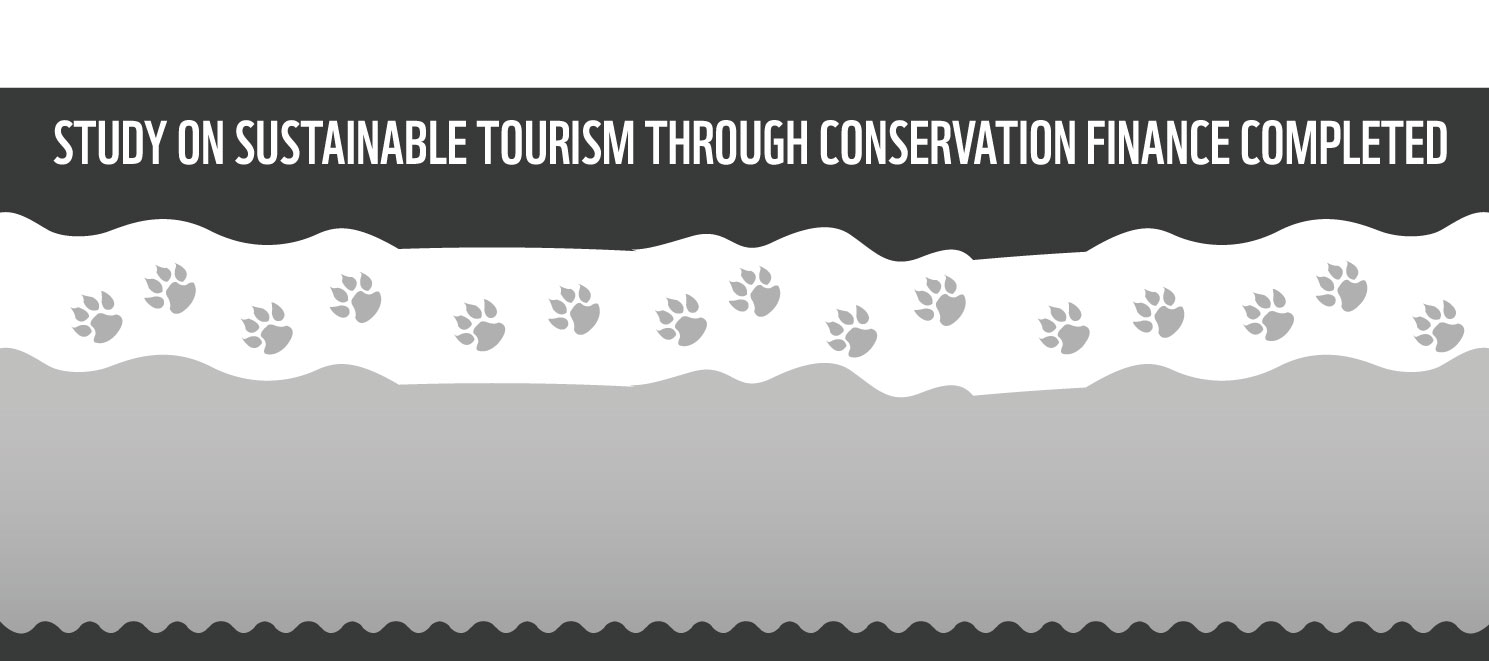
The study aims to catalyse the design and development of sustainable financing mechanisms focusing on innovative private lending mechanisms to reduce the ecological footprint as a result of tourism in the Coral Triangle. Funded by WWF’s Coral Triangle Global Priority Place Programme, the study found that tourism operators actually care about the environment and are willing to reduce their ecological footprint. They are, however, not aware of financial incentives and major barriers relating to the lack of funding and technical expertise. This provides an opportunity to introduce a mechanism towards development of green financing for tourism and related industries.